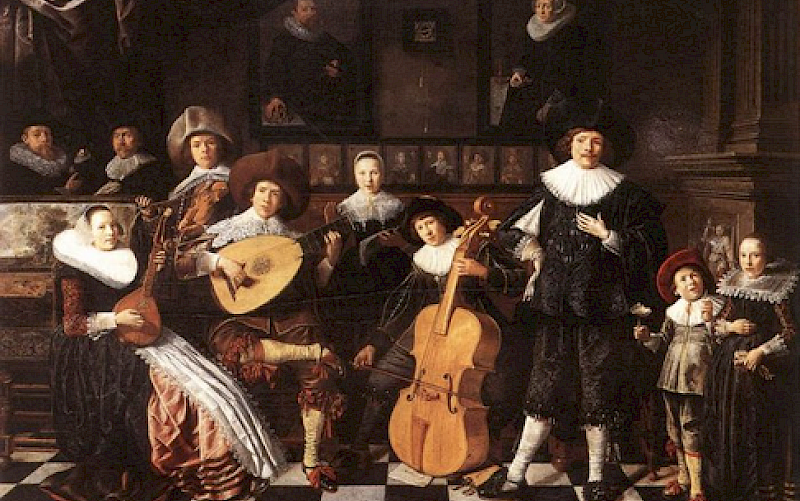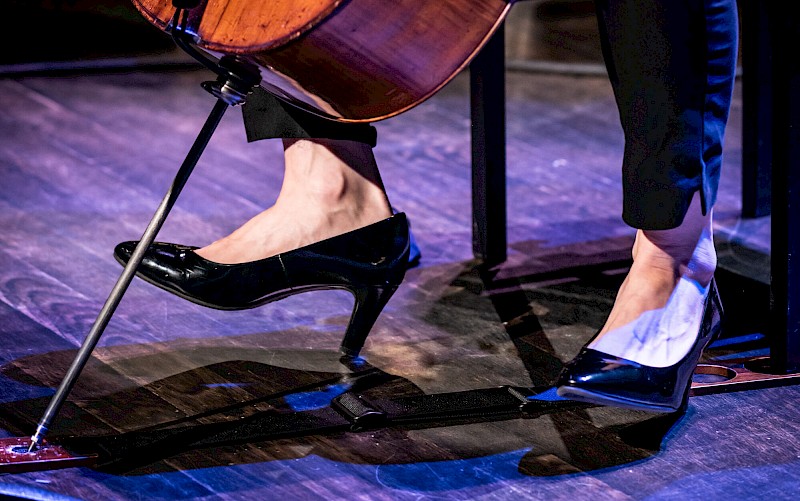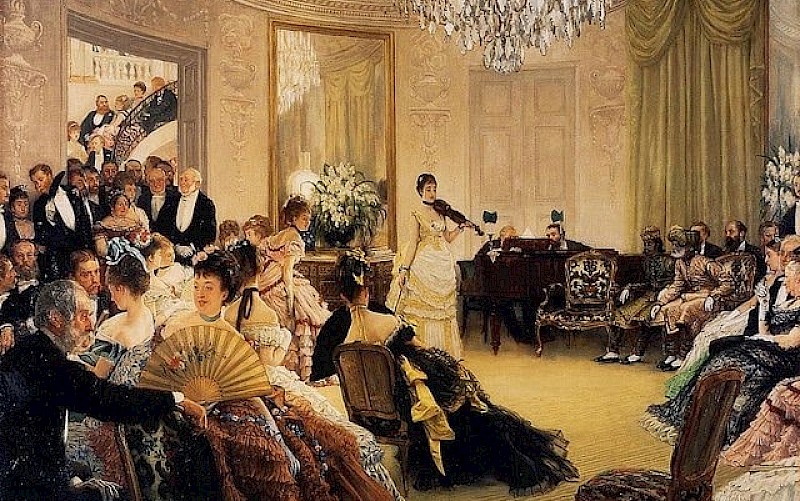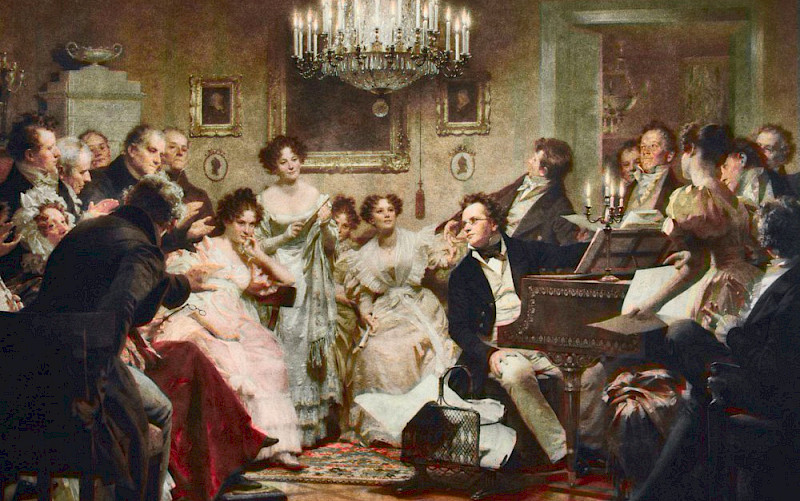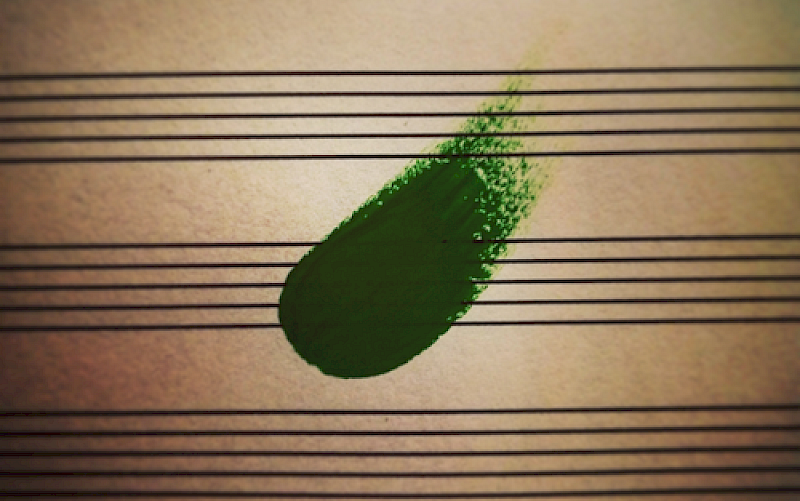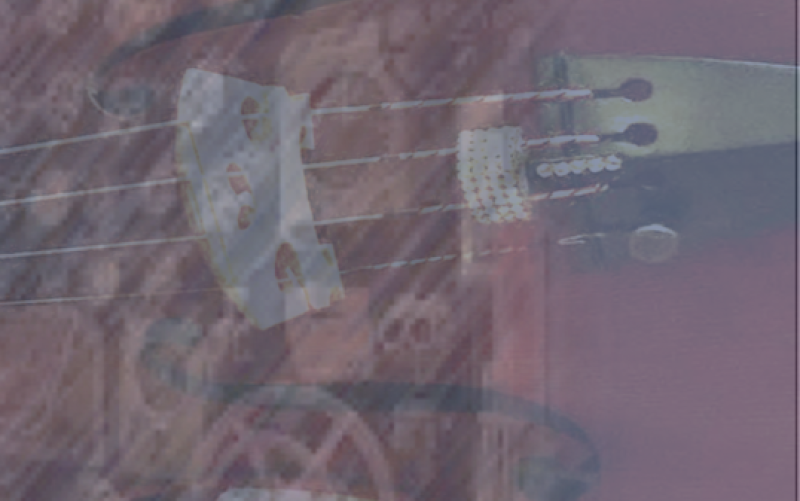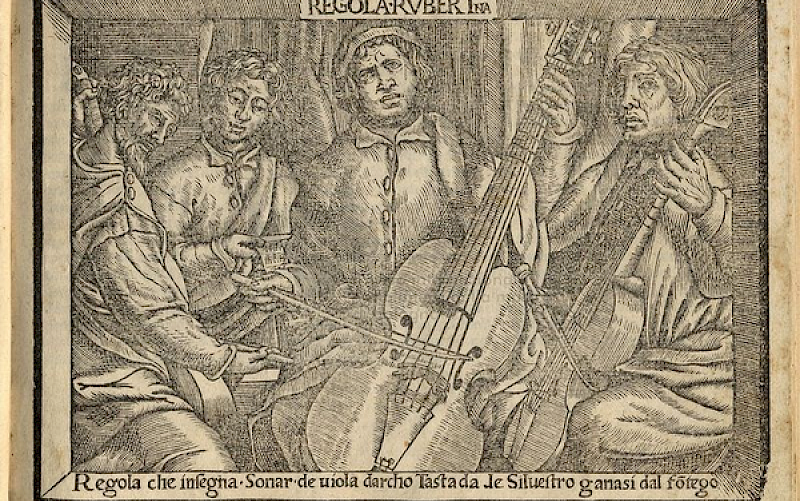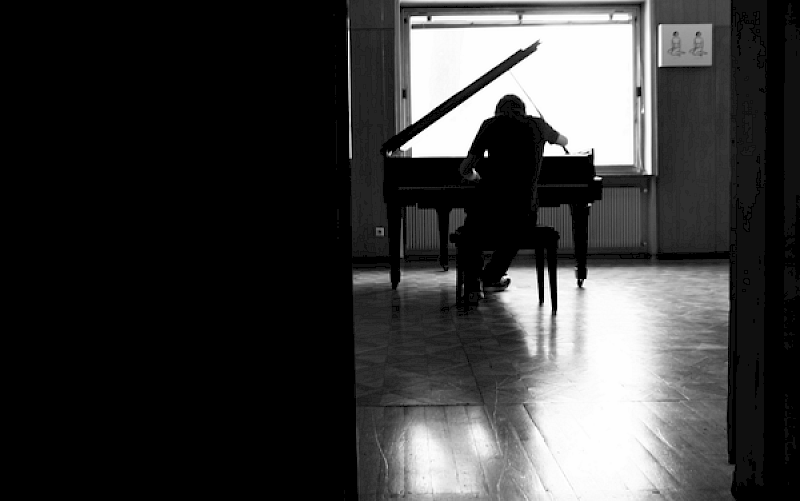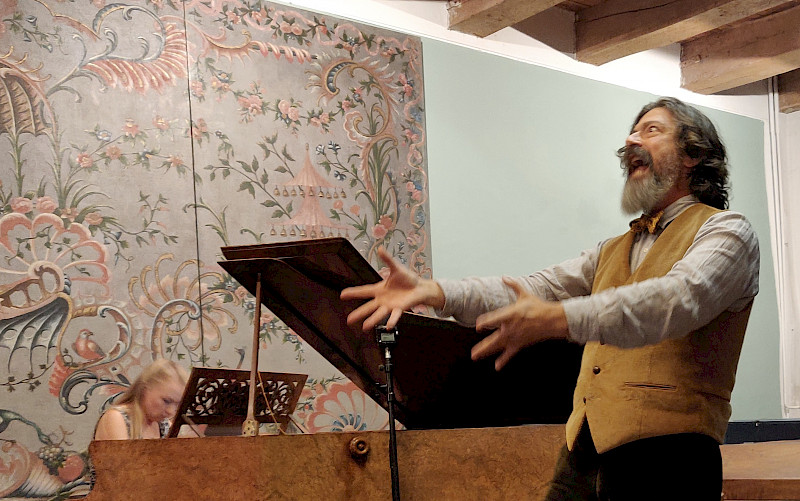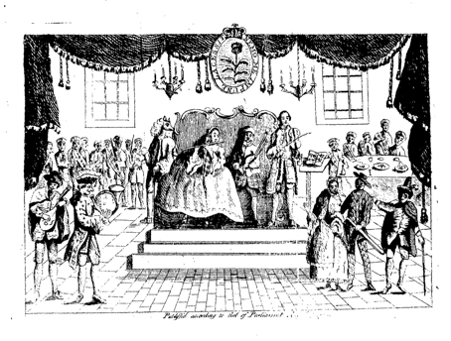
"Encumbered with useless graces": Ornamentation and Aesthetics in Eighteenth-century Scottish Music
Throughout the eighteenth century, a steady stream of Italian musicians travelled to Scotland, in search of artistic and commercial success. Inspired by the enterprise of their Scottish counterparts, many published collections of “Scots Tunes,” such that by the end of the century a rich body of repertoire had emerged. Italians and Scots alike valued this repertoire for various reasons: for some, these tunes represented an idealised vision of pastoral simplicity; for others, a fossilised record of the music of past generations; for others still, these tunes were a vehicle for the expression of nationalistic sentiment. This repertoire presents a challenge to Early Music practitioners today, who must contend with the fact that this music has been transmitted through textual sources and oral tradition. To this end, many musicians engage with elements of Scottish Traditional performance practice – a practice that often diverges from, and is at times incompatible with, dominant understandings of eighteenth-century performance practice. In this thesis, I summarise some of the ornamentation techniques employed by Scottish Traditional musicians, investigating their possible influence on Italian Scots Tunes sources. I contend that comparative analysis of these sources can inform performances of this repertoire, by revealing implicit relationships between notation, performance practice and aesthetic judgements. Further, I survey current trends in the historical performance practice of Scots Tunes, interrogating the ways in which this repertoire is framed by modern conceptions of “folk” music. I observe that this repertoire continues to be valued within a variety of aesthetic frameworks, which are themselves revealed, upheld, and reproduced through performance practice.
Author: Jonty Coy
